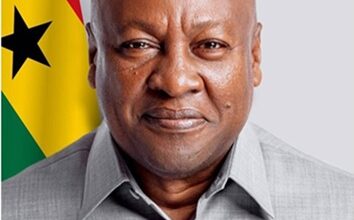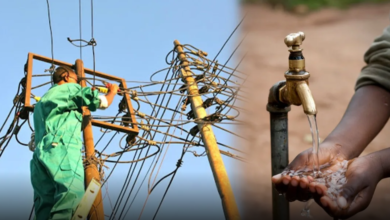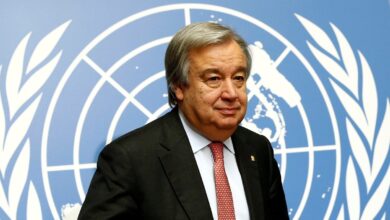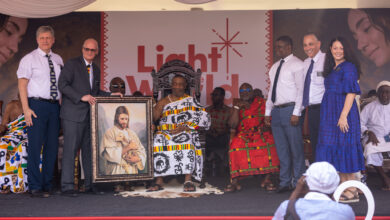Finance Ministry, UN Forge Stronger Partnership to Drive Ghana’s Development Agenda
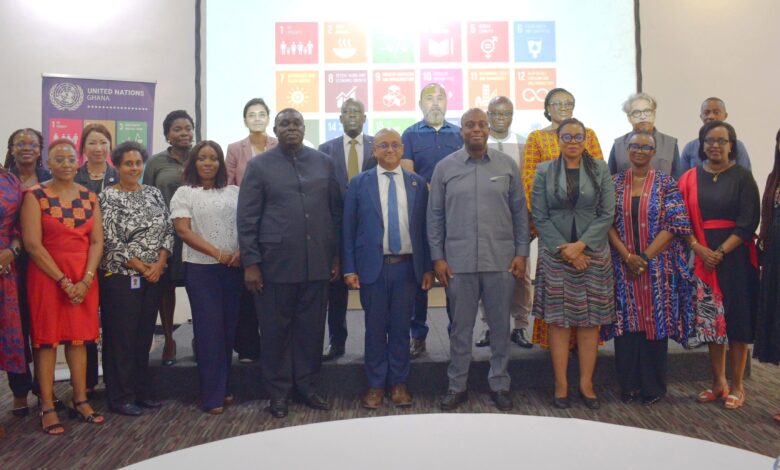
The Ministry of Finance has held a high-level engagement with United Nations agencies in Accra aimed at aligning Ghana’s development priorities with global support mechanisms, in a move expected to boost efficiency and impact in resource mobilization.
The meeting brought together senior officials from the Ministry, UN agencies, funds, and programmes to address coordination gaps that often dilute the impact of donor support. With Ghana pushing to meet its Sustainable Development Goals (SDGs) while sustaining economic recovery, the session focused on avoiding duplication and channeling funds toward high-priority sectors.
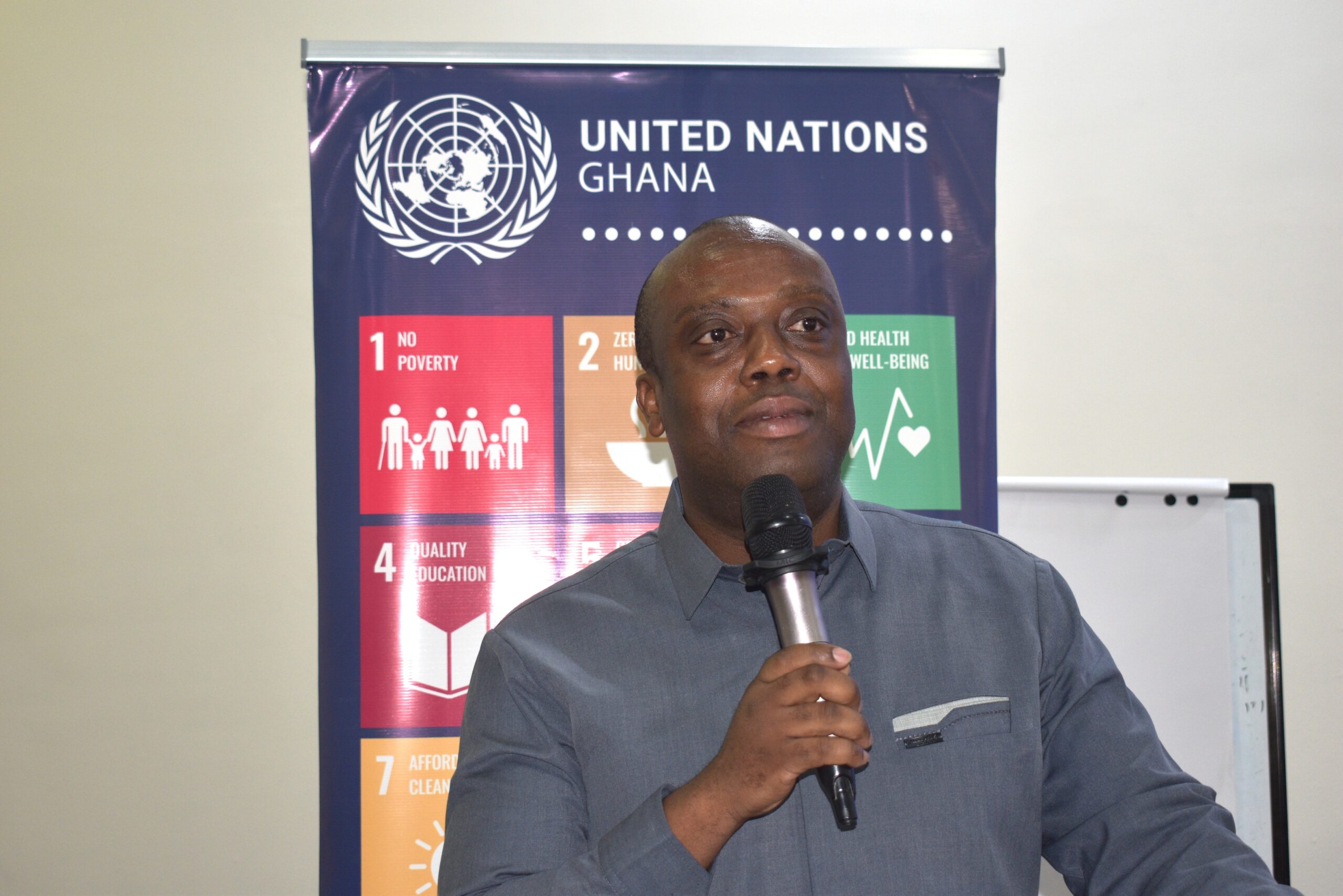
Deputy Finance Minister, Thomas Nyarko Apem, stressed the significance of the dialogue: “We recognise that the UN System’s support is catalytic, and our partnership signifies the collective commitment we share towards achieving Ghana’s inclusive national development agenda and the SDGs.”
The engagement provided a platform for both sides to agree on harmonized planning cycles, data-driven programming, and predictable financing — elements crucial for investors and the private sector who rely on policy stability and transparency.
For businesses, the initiative signals stronger government-UN coordination in areas such as economic resilience, governance, and social inclusion, which could open more predictable funding channels for private-sector partnerships, especially in sectors like infrastructure, health, and agriculture.
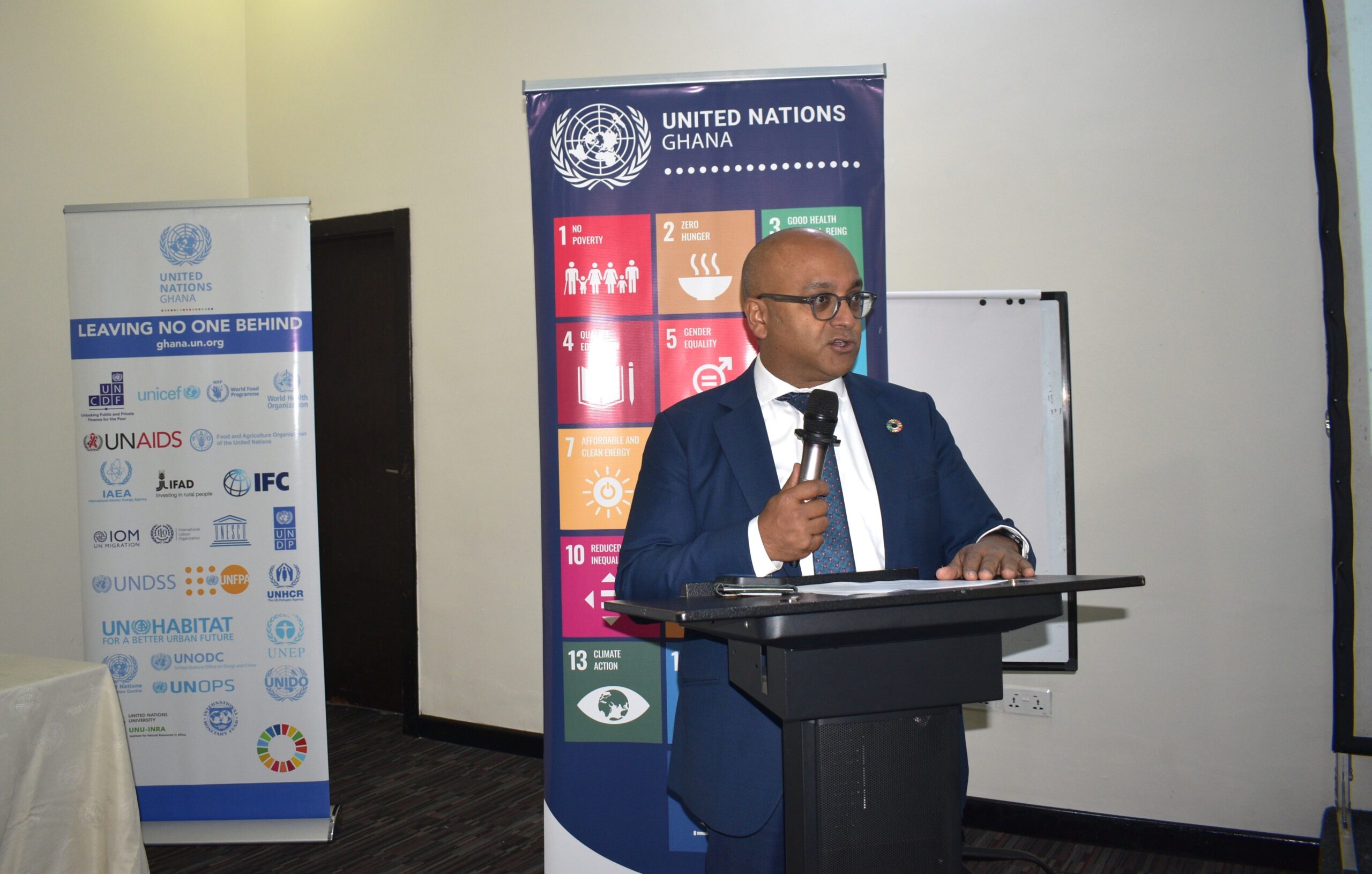
UN Resident Coordinator, Zia Choudhury, pledged the UN’s commitment to supporting Ghana’s medium-term development framework: “By aligning our efforts and deepening collaboration, we can accelerate Ghana’s development agenda and ensure that no one is left behind.”
The Ministry said such engagements will now be institutionalized, reinforcing accountability and ensuring international support translates into measurable gains for citizens and enterprises.
For Ghanaian businesses, the renewed partnership offers prospects of clearer policy direction, greater donor alignment, and stronger opportunities to tap into UN-supported programmes that enhance competitiveness and sustainability.

